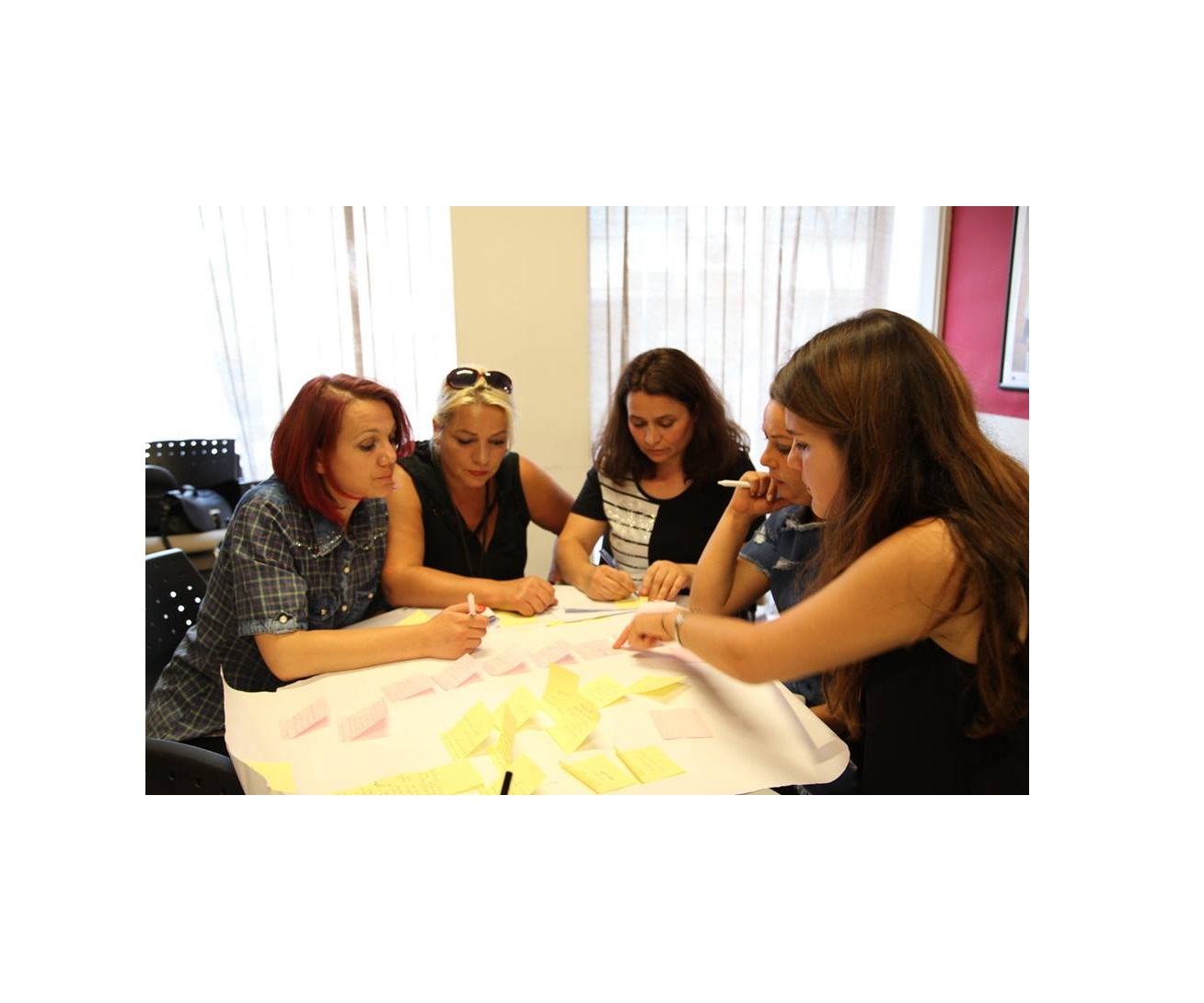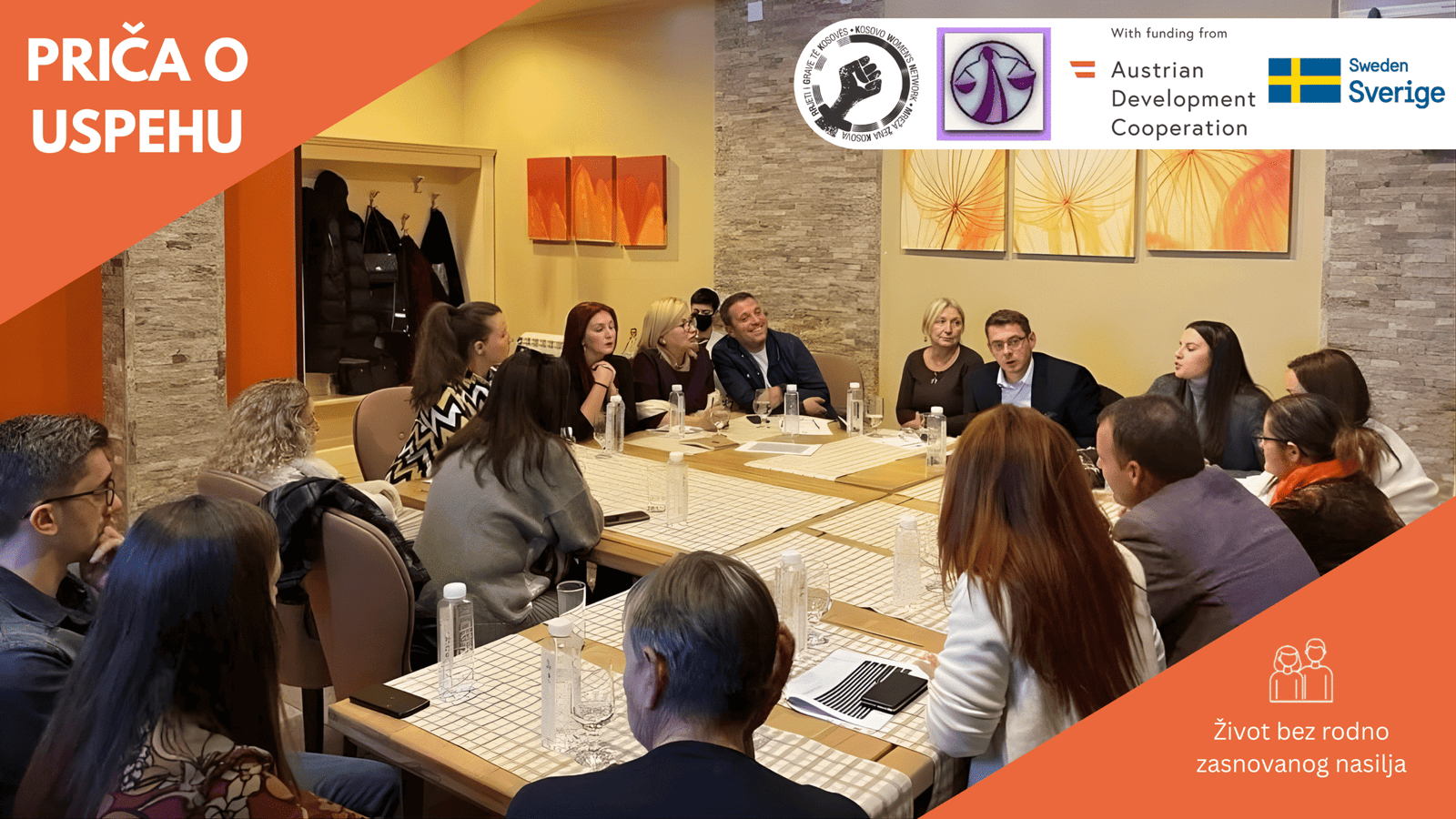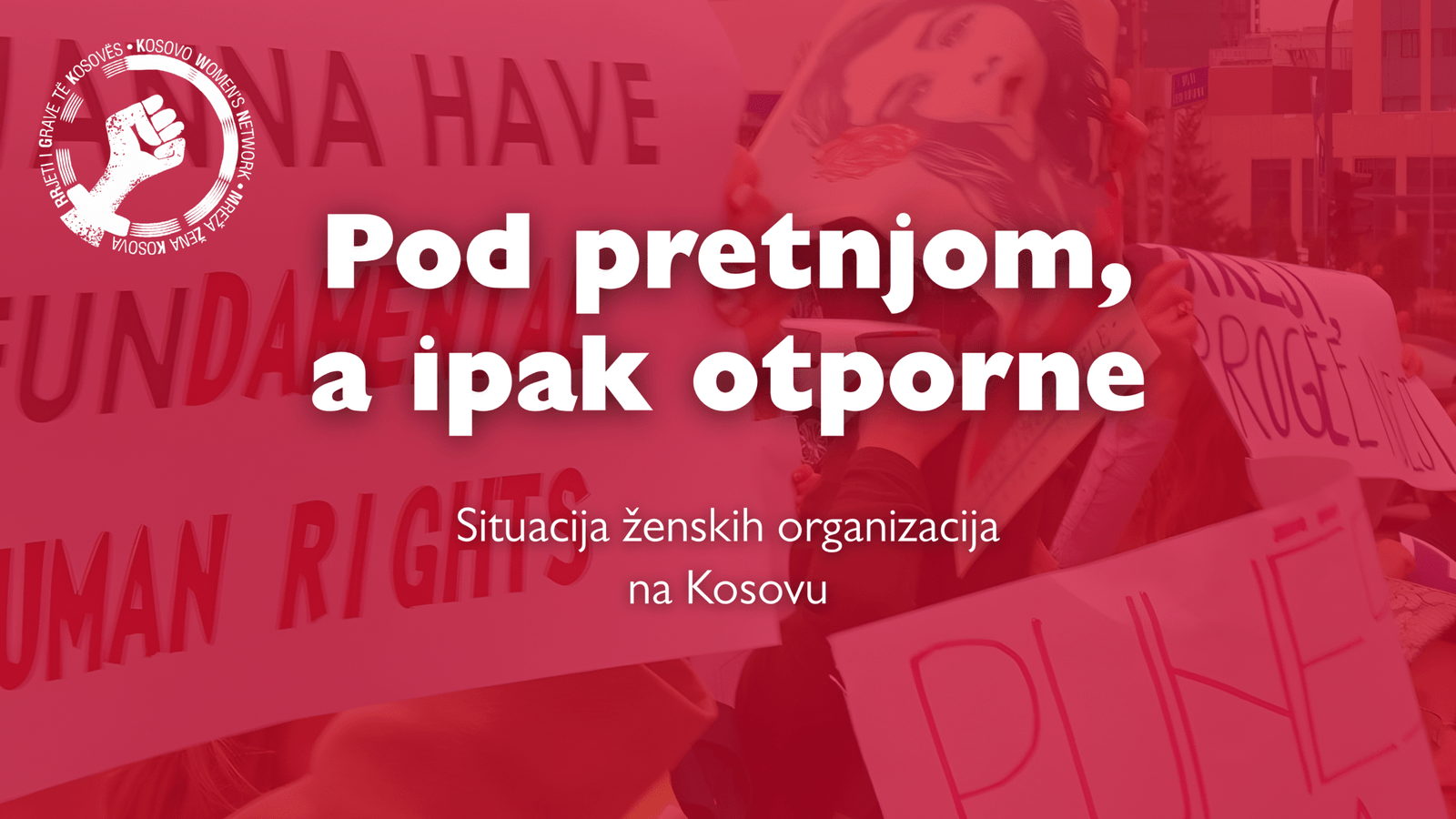Advocacy is an active process in which we try to change a policy or a law, by targeting relevant institutions and involving citizens in changing the things we want to change.
KWN has pushed forward many issues through advocacy, by carrying out various campaigns, public discussions, researches, etc.
In order to have a successful advocacy, it is important to create an effective advocacy strategy. During the mentoring, KWN members have sought to learn more about effective advocacy in order to create effective advocacy strategies in the future.
Therefore, on 18 July, at the European Union Information and Cultural Centre in Kosovo, KWN held the “Effective Advocacy” workshop, which was attended by over 20 representatives of KWN member organizations.
In this workshop led by Nicole Farnsworth, Program Manager at KWN was discussed about effective advocacy, by paying attention to the review of advocacy cycle, situation and problem analysis, objective analysis, and so on.
Whilst, in the second part of the workshop, members who were divided into different groups, with the help of KWN staff started analysing the problem and thereupon started drafting their strategies for their existing advocacy goals.
Thus, the women’s property and inheritance rights group analysed the problems faced by women and girls in the enjoyment of their rights starting from the patriarchal mentality, lack of information, and problems with (non) application of the law. Thereupon, they proposed alternatives and concrete solutions for which they will continue to work so that women and girls in Kosovo enjoy equal rights to property and inheritance.
One of the working groups in the "Effective Advocacy" workshop worked on creating a strategy to support the survivors of sexual violence during the war, respectively to reintegrate them into our society. This strategy included activities aimed at the economic empowerment of these women through reparations which are to be provided to them by the state, then their vocational training up to their (self) employment as ways to help their reintegration into society. Within the strategy were included also awareness raising campaigns aimed at changing the mentality of our society to support these women and not blame them for the crime committed against them.
“I am a student, and I have already started to carry out the internship in one of the member organizations of the KWN, specialized in working with survivors of sexual violence during the war. However, this workshop has given me a clear idea of ”‹”‹the advocacy cycle (circle); analysis of groups of interest, situation, problem and objectives, and so I think I have gained initial knowledge of how to create an advocacy strategy”, one of the participants of the workshop said.
Whereas in the project group for capacity building of women farmers in rural areas, several parts of the advocacy strategy were drafted, such as drafting the problem “tree”, the vision “tree”, stakeholder analysis and advocacy action plan. The Group decided that advocacy for the problem of non-representation of women in rural areas in agriculture should be done at the Ministry of Agriculture, Forestry and Rural Development (MAFRD) for better methods of information on grants and subsidies provided; at the Ministry of Justice (MoJ), for improving women’s awareness of their property and inheritance rights; at the Ministry of Economic Development (MEC) for support as regards the trainings and counselling for the creation and development of micro-businesses; and at the Ministry of Trade and Industry (MTI), respectively the Kosovo Investment and Enterprise Support Agency (KIESA), for more effective information methods on the grants they provide to women in business. The group also decided that advocacy should take place in a parallel manner at the local level, in the respective municipalities, too, depending on each project.
After the workshop, the members had already created their own advocacy strategies for implementing the latter in their initiatives during this year.
This workshop was supported by the European Union office in Kosovo







